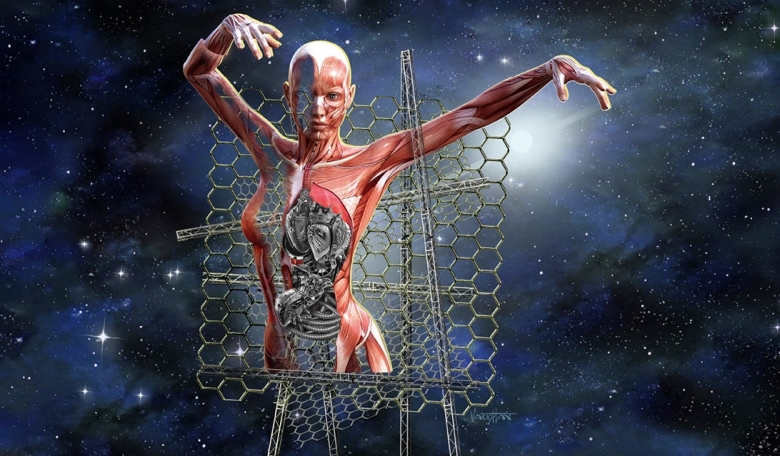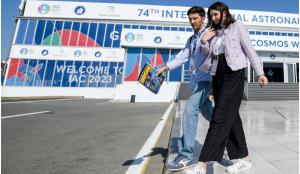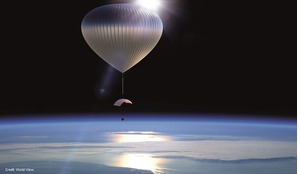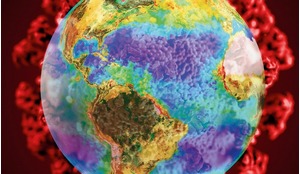At the dawn of the Space Age, Walter Pons published a short book entitled Steht uns der Himmel offen? (Is the sky open to us?) The German philosopher was concerned about the psychological, spiritual and philosophical consequences for human beings of being able to access new dimensions and new perspectives, those offered by space travel... Such questioning is not in vain as the threats are multiple, whether they concern our earthly situation in the boundless universe or even possibilities of the human being itself being transformed. NewSpace also provides an opportunity for us to question ourselves about our own vision of the future of humanity.
Only a professor from a prestigious German university in the mid-1930s, in this case Freiburg im Breisgau, could dare entitle one of his essays, ‘Overthrow of the Copernican theory in the usual interpretation of a world view. The original ark, Earth, does not move. Foundational investigations of the phenomenological origin of corporeality of the spatiality pertaining to Nature in the first sense of the natural sciences’. And while this title falls short of current editorial and commercial practice, it has the advantage of summing up Edmund Husserl’s views concisely.
At the very time when the scientific community was discovering the first utterances of what would later become the Big Bang theory and developing a vision of a universe with exorbitant spatio-temporal dimensions through frequently heated debates, the philosopher was clearly not disputing the revolution that Nicolas Copernicus had caused in the world of knowledge and ideas, four centuries earlier.
In this text, which was only published after his death, Husserl was simply questioning the Earth’s status from a phenomenological point of view and with a great deal of honesty. The Earth does not move, he articulated, because it is not, for humans, a vessel like a ship, an aircraft, a land or even a star can be (and we could now add a spacecraft or an asteroid).














